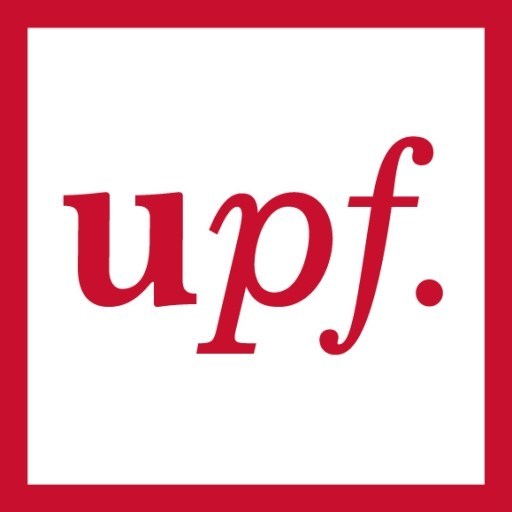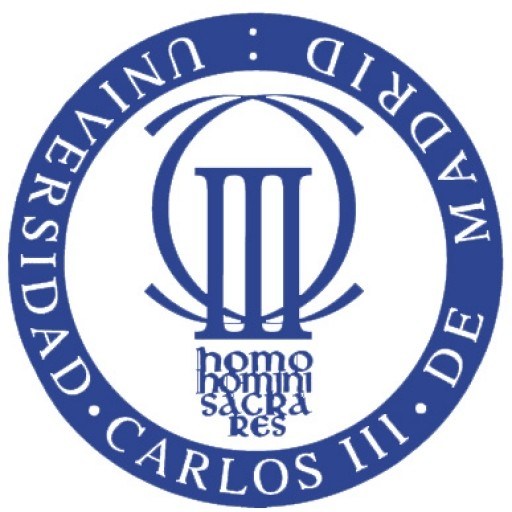Photos of university
The Bachelor's Degree in Political and Social Sciences at Pompeu Fabra University offers a comprehensive and multidisciplinary approach to understanding the complex dynamics of modern societies. This program is designed to provide students with a solid foundation in political theory, sociology, public policy, international relations, and research methodologies. Throughout the course of study, students will explore key issues such as governance, democracy, social inequality, globalization, and human rights, enabling them to analyze and interpret political and social phenomena from multiple perspectives. The curriculum combines theoretical coursework with practical training, fostering critical thinking, analytical skills, and effective communication. Students will have the opportunity to engage in internships, participate in research projects, and attend seminars led by renowned experts in the field. The program emphasizes the development of a global outlook while maintaining a strong local and regional focus, recognizing the importance of contextual understanding in political and social analysis. Graduates will be well-equipped to pursue careers in public administration, international organizations, NGOs, research institutions, journalism, and further academic studies. The program is taught entirely in English and Spanish, preparing students for a multilingual and interconnected world. With a faculty comprised of experienced professors and researchers, Pompeu Fabra University provides an intellectually stimulating environment that encourages innovation and critical inquiry. The degree aims not only to impart knowledge but also to cultivate a sense of civic responsibility and social engagement in its students. Upon completion, graduates will be prepared to contribute thoughtfully and effectively to debates and solutions concerning key political and social challenges of the 21st century, both in Spain and globally.
Academic contents
The doctorate training programme consists of a series of training activities, some of which are for first-year students, while the rest apply to all doctoral students. These are as follows:
- Research tools seminar
- Research design seminars
- Thesis seminar
- Forum
- Thematic seminars
- Methodological seminars
- Defense of the thesis project
Lines of research of the doctorate
- Comparative Politics
- Government & Administration
- Health Inequalities
- Immigration & Cultural Diversity
- Political Behaviour
- Political Theory
- Social & Political Psychology
- Sociology and Demography
- Survey Methodology & Public Opinion
- Public Policy
Requirements
- In order to be admitted to Biomedicine PhD Programme offered by UPF, candidates must provide accreditation that they have obtained an accredited undergraduate degree (Bachelor degree or recognised equivalent degree from an accredited Higher Education Institution).
- Moreover, they have to proof that they have obtained or are in position to obtain an accredited graduate/master's degree(equivalent to a Spanish Master Universitario/Oficial, Master's of Research.... ) which enables them to access a Phd programme in their home country.
- In order to access a doctoral programme at UPF, you need to have completed 300 ECTS credits, 60 of those have to correspond to an official graduate, research orientated master's programme.
- A photocopy of the undergraduate degree/diploma or Certification/proof of degree completion (Bachelor degree or recognised equivalent degree from an accredited Higher Education Institution).
-
- A photocopy of the graduate/master's degree/diploma or Certification/proof of degree completion.
- A photocopy of the official final graduate/master's transcript .
- A signed declaration of obtaining your graduate/master's degree before the commencement of the master's programme
- A photocopy of the provisional graduate/master's transcript.
- Identity Card or Passport.
- Proof of English language (level B2.2)
- To submit a research project in any of the research lines of the Department, using this template
- Two academic recommendation letters.
- Motivation Letter, using this template
- Curriculum Vitae.
- Identity Card or Passport.
The financing of the Bachelor's Degree in Political and Social Sciences at Pompeu Fabra University is designed to accommodate a diverse student body and ensure accessible higher education. Tuition fees are established annually by the university and are influenced by several factors, including the student's residency status, the number of credits enrolled, and specific provisions for international students. For domestic and EU students, the tuition fee for this program generally falls within a standardized fee structure, which is publicly available on the university's official website. The fees account for various components such as registration, academic services, and access to university facilities.
Pompeu Fabra University offers a range of financial aid options and scholarships to support students in financing their studies. These include merit-based scholarships, need-based scholarships, and grants aimed at promoting diversity and inclusion within the student community. In addition to institutional funding, students are encouraged to seek external scholarship opportunities provided by governmental bodies, private foundations, and international organizations. The university has dedicated offices and resources to assist students with applying for financial aid and understanding the financial planning needed for their studies.
Furthermore, students can explore the possibility of student loans or payment plans offered through financial institutions in coordination with the university. The university also promotes part-time employment opportunities for students to help manage their expenses. Some students may benefit from specific programs that include tuition waivers or discounts, especially those involved in research projects or university initiatives.
Moreover, Pompeu Fabra University emphasizes transparent communication regarding costs and financial support, providing detailed information on its official portal and through student support services. The university's aim is to foster an inclusive environment where socio-economic barriers are minimized, allowing students to focus on their academic pursuits without undue financial stress. Overall, the financing structure of the Political and Social Sciences program reflects the university’s commitment to accessible and equitable higher education, providing various avenues for students to fund their studies effectively.
The Bachelor's Degree in Political and Social Sciences at Pompeu Fabra University offers students a comprehensive education in the analysis of political systems, social structures, and contemporary societal issues. This program aims to equip students with critical thinking skills, methodological tools, and a broad understanding of the dynamics that shape political and social phenomena at local, national, and international levels. The curriculum typically includes courses in political theory, comparative politics, international relations, public policy, sociology, and research methods. Students are encouraged to develop analytical skills to examine issues such as democracy, governance, social justice, human rights, and globalization. The program emphasizes both theoretical knowledge and practical application, often involving internships, group projects, and seminars with experts in the field. Graduates can pursue careers in public administration, international organizations, NGOs, research institutions, journalism, and further academic studies. The university’s strategic location in Barcelona provides students with unique opportunities to engage with vibrant political and social environments, participate in debates, and access numerous regional and international conferences. The program typically promotes a multicultural and inclusive learning atmosphere, fostering respect for diversity and promoting social responsibility. Students also have access to the university’s extensive network of partnerships with governmental and non-governmental entities, enhancing employability and experiential learning. The program aims to produce graduates capable of understanding and addressing complex societal challenges, with a solid foundation for active civic participation and informed decision-making.


